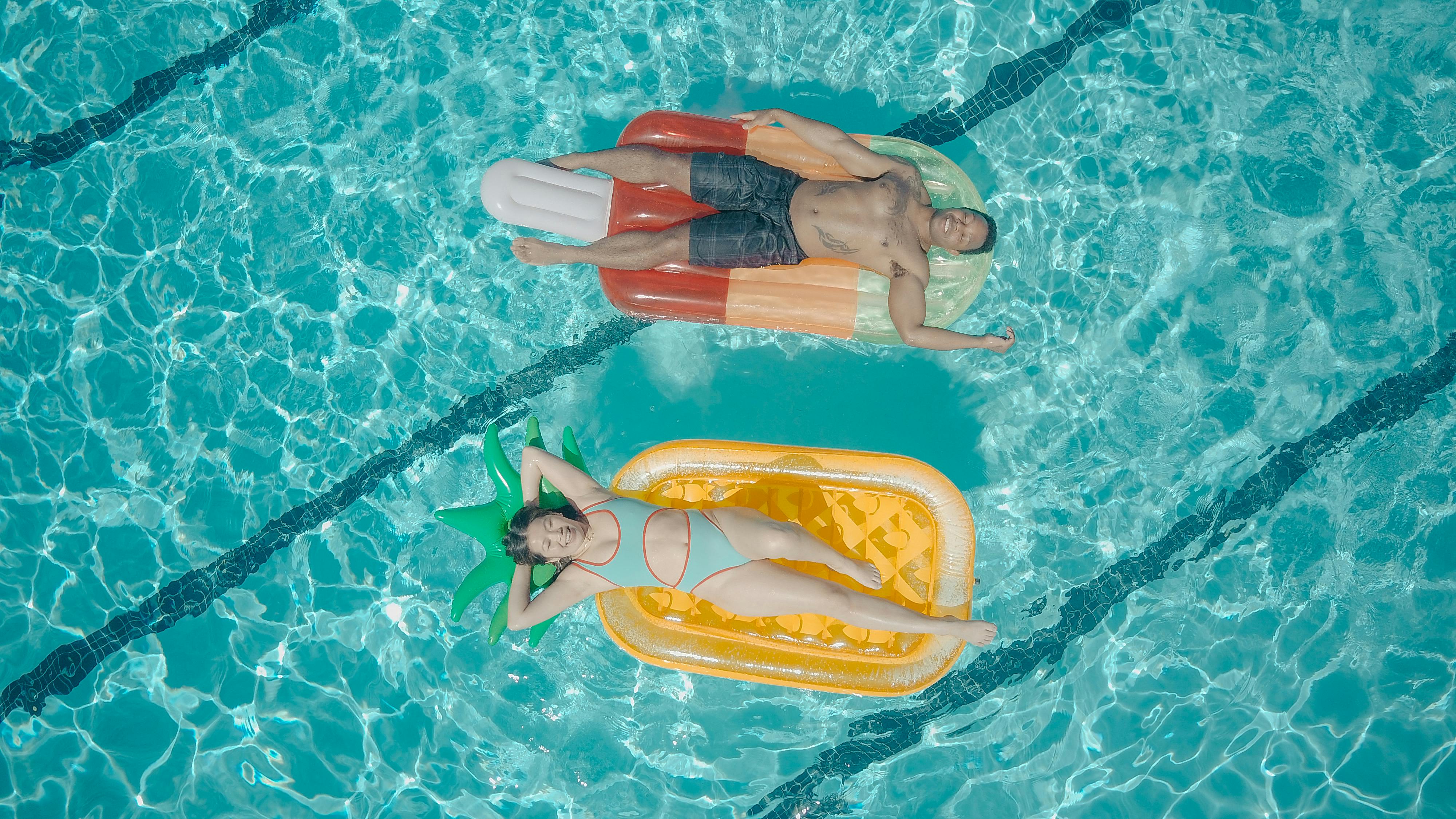Do Humidifiers Need to Use Distilled Water?
Humidifiers are often used in dry climates to help regulate humidity levels in the home. Most humidifiers require regular maintenance, including refilling the water tank with fresh water. But do humidifiers need to use distilled water? The answer is yes, for the most part.Distilled water has been purified through a process of evaporation and condensation. This removes any minerals, impurities and other contaminants from the water. When using a humidifier, it’s important that you use only distilled water to avoid mineral buildup on the unit or vaporizer plates. This buildup can cause clogs and reduce the overall performance of your humidifier.In some cases, tap water can be used in a humidifier if it is filtered first. Filters are available for most types of humidifiers that can remove chlorine, heavy metals and other contaminants from tap water before it is added to the unit. However, using these filters will require regular maintenance and replacement to ensure they keep working properly.Using distilled water in your humidifier also helps reduce white dust particles that are common when using tap water. WhiteIs There a Requirement to Use Distilled Water in a Humidifier?
Using distilled water in a humidifier is often recommended to prevent mineral buildup and maintain air quality. The importance of distilled water in humidifiers lies in its ability to reduce the risk of mold and bacteria growth, ensuring a cleaner, healthier environment for your home.
The Benefits of Using Distilled Water in a Humidifier
Using distilled water in a humidifier offers several benefits. Distilled water is free from impurities and minerals which can be found in tap water. This means that the humidifier won’t be clogged up with scale, deposits, and other debris that can build up over time with the use of tap water. Furthermore, it reduces the chances of mold and bacteria growth in the humidifier, making it much healthier to use. Another advantage of using distilled water is that it is free from chlorine and other chemicals which are often found in tap water. These chemicals can irritate lungs and airways when they are released into the air as steam from a humidifier. By using distilled water, users can avoid these potential health risks.Moreover, using distilled water can also help to extend the life of a humidifier. This is because there are no impurities or minerals present that could cause damage to its internal parts or buildup on surfaces such as heating elements or tanks.Finally, many people prefer using distilled water in their humidifiers because it doesn’t have any taste or odor associated with itIs it Necessary to Use Distilled Water in My Humidifier?
Using distilled water in your humidifier is important for a number of reasons. First, distilled water does not contain any minerals, so it does not leave behind any residue or buildup that could damage your humidifier. Second, the lack of minerals also prevents algae and bacteria from growing in the unit, which can be a health hazard. Finally, using distilled water ensures that you can get the most out of your humidifier, as mineral-filled water can reduce the efficiency of the unit.It is generally recommended that you use distilled water when filling your humidifier tank. Since mineral-filled tap water can clog or corrode some parts of the unit, it is best to avoid using it if possible. Additionally, if you are using a cool mist humidifier and live in an area with hard tap water, using distilled water may be necessary to prevent calcium and magnesium deposits from forming on the inside of your unit.
If distilled water is not available or too expensive for your budget, you can use filtered tap water instead. However, it is important to check with
Drawbacks of Using Distilled Water in a Humidifier
Using distilled water in a humidifier can have some drawbacks. One of the primary disadvantages is that it will not add any beneficial minerals to the air, which can be beneficial for human health. Distilled water also contains no ions and therefore will not help to reduce static electricity in the air, which can be an issue in some households. Additionally, distilled water can cause deposits of calcium and magnesium to form on the inside of the humidifier, which can create a buildup of bacteria and other contaminants over time. This buildup may require regular cleaning in order to maintain a healthy indoor environment.Another concern with using distilled water in a humidifier is that it may contain traces of chlorine or other chemicals used in the distillation process. These chemicals can be released into the air and could potentially irritate people with asthma or allergies if they are exposed over an extended period of time. Additionally, these chemicals could also lead to corrosion or other damage to the internal components of the humidifier if used for extended periods without proper maintenance.
Finally, using distilled water in a humidifier increases its

Is It Safe to Use Tap Water in a Humidifier?
Using tap water in a humidifier is generally safe, but it can cause some problems. Tap water contains minerals and chlorine that can build up in the humidifier over time, causing it to become clogged and less efficient. This buildup can also cause white dust to be released into the air when the humidifier is used. This dust can contain bacteria and other contaminants that may not be good for your health.If you choose to use tap water in your humidifier, it’s important to clean the unit regularly according to the manufacturer’s instructions. This will help prevent mineral buildup and keep your air clean. If you don’t want to use tap water, there are options available such as distilled or demineralized water which are better for use in a humidifier.Using tap water in a humidifier isn’t recommended if you have hard water, as this type of water contains more minerals than soft water and could cause more buildup in the unit over time. If you do choose to use tap water, make sure to check the manufacturer’s instructions for any specific recommendations regarding the type of water thatAdvantages of Using Tap Water in a Humidifier
Using tap water in a humidifier is a great way to ensure that the air in your home remains humidified without the hassle of having to buy distilled water. Tap water is generally much cheaper than distilled water and can be just as effective. There are several advantages to using tap water in a humidifier, including cost savings, convenience, and environmental friendliness.The primary advantage of using tap water in a humidifier is cost savings. Distilled water may be necessary if you live in an area where the tap water contains minerals that can damage the humidifier or cause it to become less efficient over time. However, for most areas, plain tap water is perfectly adequate for use in a humidifier and will save you money compared to buying distilled water.
Convenience is another advantage of using tap water in a humidifier. Instead of having to make regular trips to the store for distilled water, all you have to do is fill up your humidifier with tap water from your faucet. This makes it much easier to keep your home properly humidified
Can I Use Filtered or Purified Water Instead of Distilled Water in My Humidifier?
Many humidifiers require the use of distilled water to function properly. Distilled water is free of minerals, bacteria, and other contaminants that can damage the humidifier, reduce its effectiveness, or even cause it to malfunction. However, some people may wonder if filtered or purified water can be used instead of distilled water in their humidifier.The answer is yes – filtered and purified water can be used in a humidifier if it meets certain criteria. The water should be free from any minerals, bacteria, or other contaminants that could damage the device or reduce its effectiveness. Additionally, it should have a neutral pH level (7) and not contain any chemicals that could produce toxic fumes when heated by the humidifier.When using filtered or purified water in a humidifier, it is important to check the manufacturer’s instructions to make sure they recommend it as an acceptable alternative to distilled water. Also, you should regularly check and clean the device according to manufacturer instructions to prevent any build-up of sediment or other contaminants that could harm its performance.In conclusion
Conclusion
In conclusion, while it is not necessary to use distilled water in a humidifier, it is certainly a good idea to do so. Using distilled water will reduce the chances of mineral deposits and bacteria build-up, making the humidifier last longer and operate more efficiently. It may also be safer for those with allergies or breathing problems, as it does not contain impurities that can be released into the air. Therefore, if you are using a humidifier in your home, using distilled water would be a wise choice.The decision as to whether or not you should use distilled water in your humidifier ultimately comes down to personal preference. Ultimately, if you decide to forgo using distilled water, just be sure to clean your humidifier regularly and replace the filter at least once per year. This will help keep it running smoothly and efficiently and will ensure that you get the most out of your purchase.

